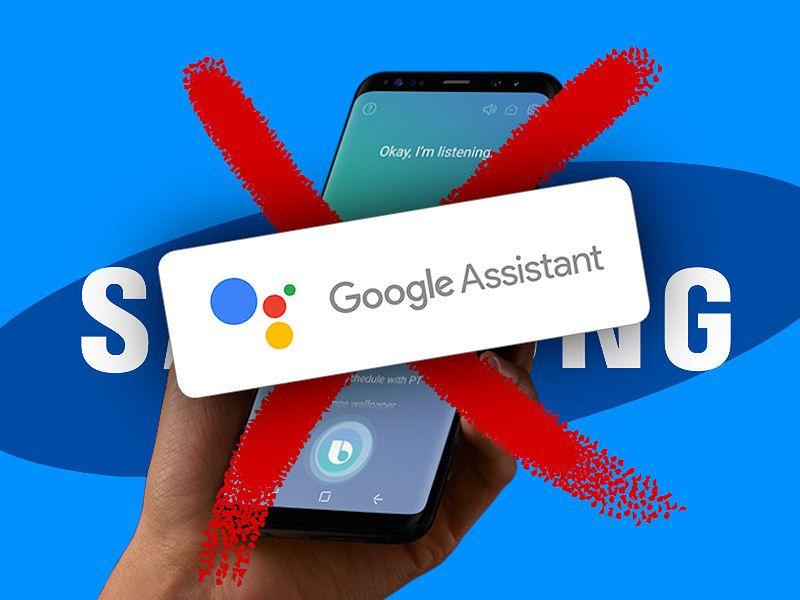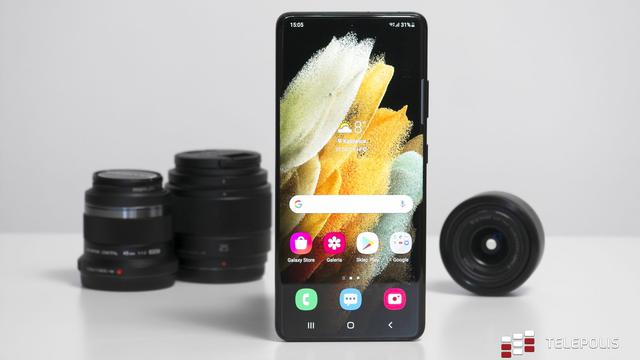MIRON NURSKI • a long time ago • 14 comments
Big changes can occur in the software of Samsung smartphones.
As Samsung creates Android smartphones with access to the Play Store, Google requires it to install a set of its proprietary applications on each device. Of course, Samsung meets this condition, but at the same time is developing its own, competitive ecosystem.
This is what the main screen of the new Samsung looks like:
The first icon on the desktop is the Galaxy Store. Google's Play Store is only on the third position. The Samsung Internet browser is placed in the dock by default. Chrome & hairsp; - & hairsp; like the rest of Google's applications & hairsp; - & hairsp; is placed in a separate folder.
The same is the case with voice assistants. The default one that starts up when you hold down the power key is Samsung's Bixby. The Google Assistant, although present, is much less exposed in the system.

As we are talking about the largest manufacturer of Android smartphones in the world, this situation is not convenient for Google. The Americans are said to want to do something about it.
Google is allegedly negotiating with Samsung a better exposure of its applications on Galaxy smartphones
At least, that's what the documentation that Bloomberg found. The negotiated agreement is said to include better visibility, above all, of the Play Store and the Google Assistant, but it can be expected that it will also cover other apps. For example, the aforementioned Chrome.
The terms of the contract are unknown, but Samsung can certainly fight for considerable amounts. It's worth recalling that Google is paying Apple billions to be the default search engine on its devices. In the UK alone, this is expected to be £ 1.2 billion a year.
According to the IDC report, in 2019 Samsung delivered as many as 295.7 million smartphones globally, which puts it in a strong negotiating position. In times of economic crisis, a new boss may be inclined to reach for an additional source of income.
Of course, it is not certain that Samsung will completely kill Bixby and its other services after signing the contract. The point is that these should not be pushed to users by force.
I am a bit afraid of how a possible contract may affect other producers
If Samsung succeeds in negotiating a lucrative deal, from the point of view of other manufacturers, an investment in the development and promotion of its own ecosystem may be a tempting prospect. Only to be able to get money from Google for shifting it later.
So don't be surprised if in a year or two every other phone has a new and unusable voice assistant.


